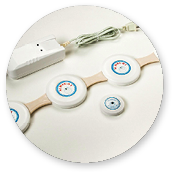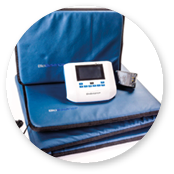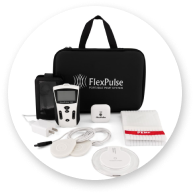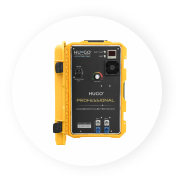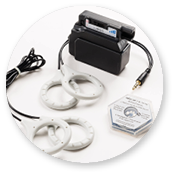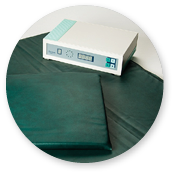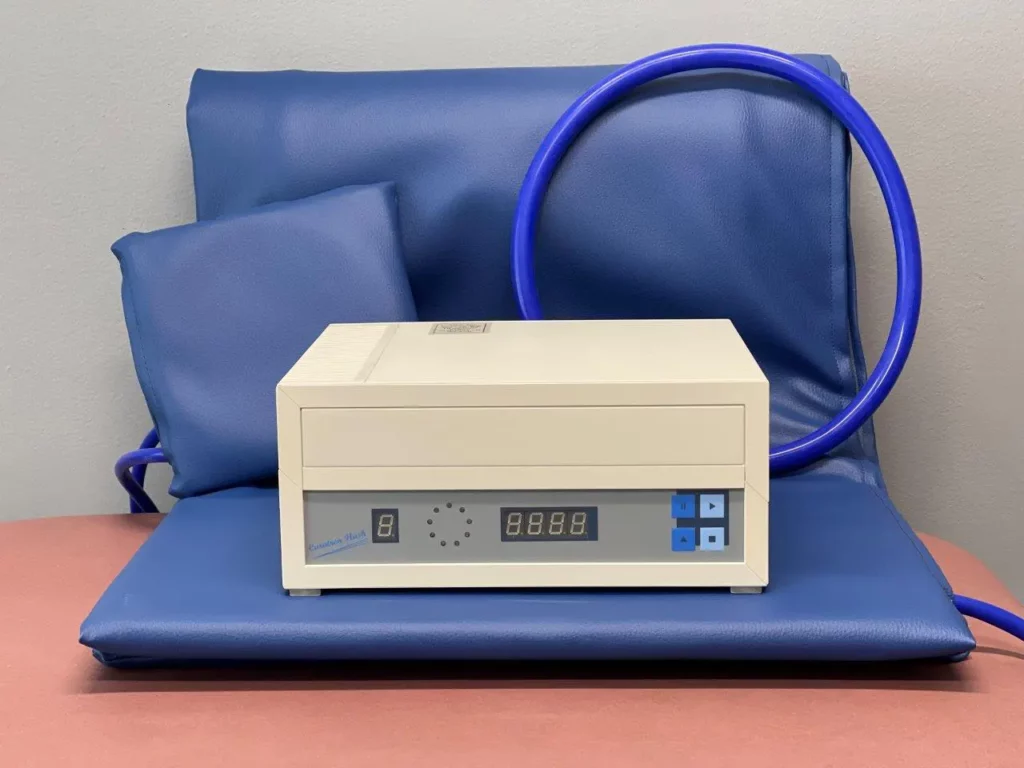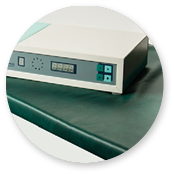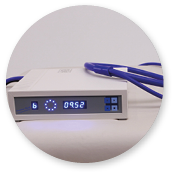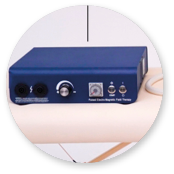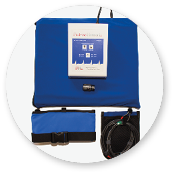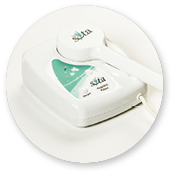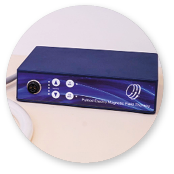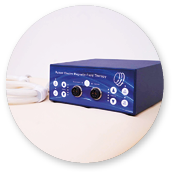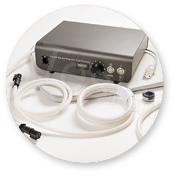

Pulsed electromagnetic fields or PEMFs are one of the most flexible therapies available. Depending on the precise application they can assist with conditions ranging from insomnia to chronic pain or assisting in injury recovery. As a result of this remarkable ability to be beneficial across a wide range of situations and therapeutic uses PEMF devices are as varied as their application. This easy to use guide will help you learn the differences between PEMF machines and why those differences are important for you and your health.
While all PEMF devices work by creating pulsed electromagnetic fields, the characteristics of the fields and the way that they interact with your body can be very different from system to system . The biggest differences are typically seen in the types of applicators available and the characteristics of the fields generated through them.
Once you’ve consulted with a PEMF physician about your specific health and treatment needs, you’ll be ready to select your device. Below is a comparison of all the devices available through drpawluk.com that come backed by our quality guarantee. We also offer free follow-up consultations to anyone seeking to purchase certain devices, so contact us today if you need help.
The applicators are the various attachments that emit the pulsed electromagnetic fields. It is essential to match the correct applicator with the result that you are trying to achieve from PEMFs. Certain types of localized applicators maybe better at assisting with healing an injury or specific portion of the body, whereas others will be better for conditions like insomnia.
The way you position the applicator and how you interact with it while it’s working may make a dramatic difference in the effectiveness of PEMF treatments. Make sure you speak with an expert on the best applicator and application method for your unique condition.
Is measured in cycles or pulses per second (Hertz, abbreviated Hz). Most PEMF systems use low frequencies and long wavelengths, in the range of 1-100 Hz. Some go up to 10,000 Hz. Different frequencies interact with different tissues and organs in very different ways so it is vital to use a frequency that is suited to the condition or outcome you are trying to address. Frequencies are often controlled by pre-set programs available on some devices.
The strength of a magnetic field measured commonly in either Gauss or microTesla (100 microTesla = 1 Gauss). The intensity of a magnetic field is responsible for how much ‘charge’ is induced in the stimulated tissues. This makes intensity one of the most important settings on your device to get right. Depending on what you are trying to achieve with PEMFs the optimal intensity may be quite different. For example, to reach deep into the body you’ll need a higher intensity system in order for the magnetic field to reach deep into the body because the magnetic field has farther to go. Unfortunately there is no easy way to list the appropriate intensity for different outcomes as the applicator, device and application method will all be factors as well so make sure you thoroughly research your specific device and condition or talk to a PEMF physician.
The physical shape of the magnetic field wave itself. Like intensity and frequency, the wave-form affects how PEMFs will interact with the tissues of the body and what mechanisms will be activated at the cellular level. Waveforms are often device specific and can also vary with frequency, so it’s important to use the right combination to create the specific outcome you’re trying to achieve.
Want a copy of this information for yourself?
*For accurate pricing, please visit our shop.
Still Not Sure What Device Is Right For You?
Max Intensity
Available Applicators
Frequency Range
Number of Programs
WaveForm
Rental Option
Factory Warranty
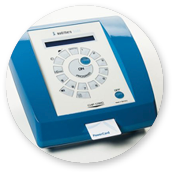
0.75 Gauss
Mat, Pillow, Pen
.3 Hz – 250 Hz
3
Saw Tooth
Yes – 8 Weeks
2 Years
